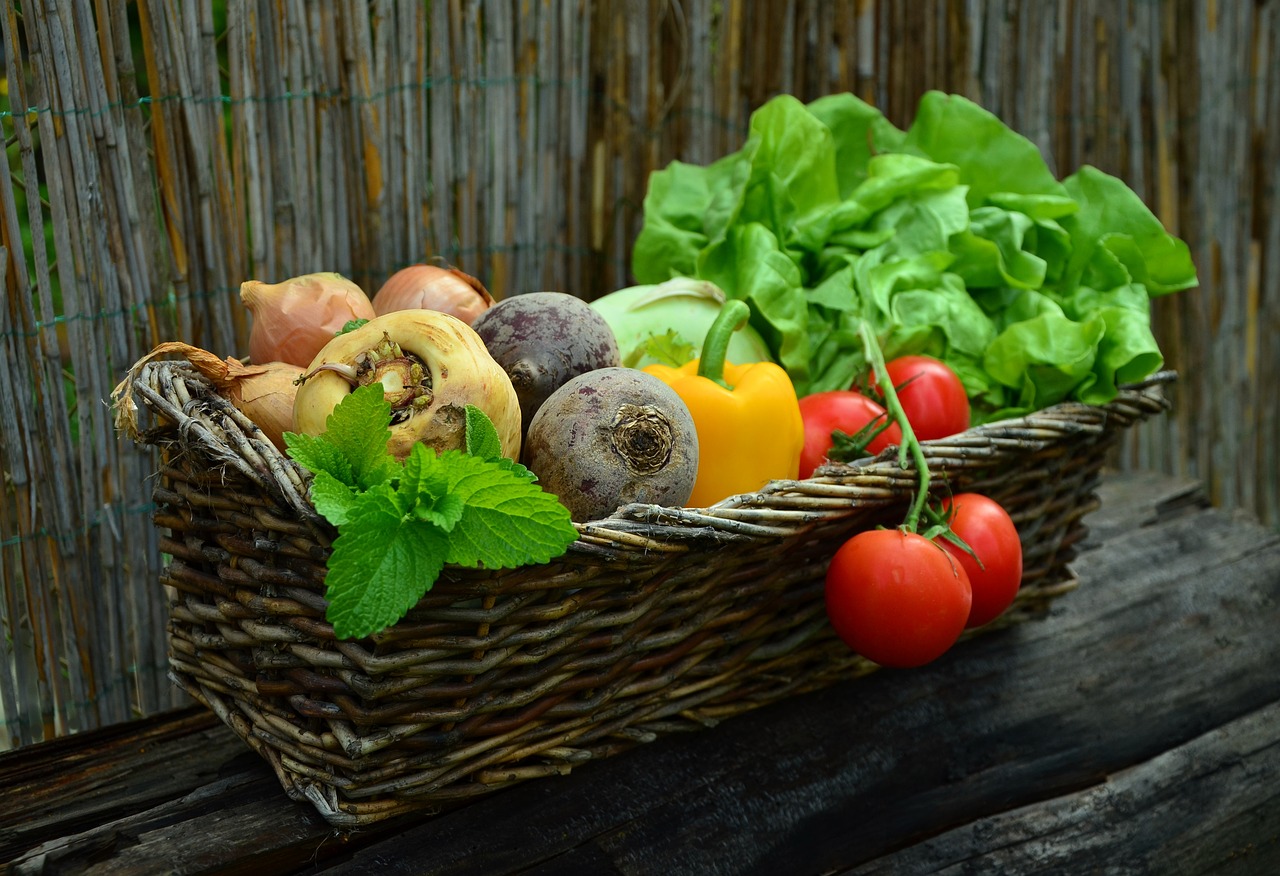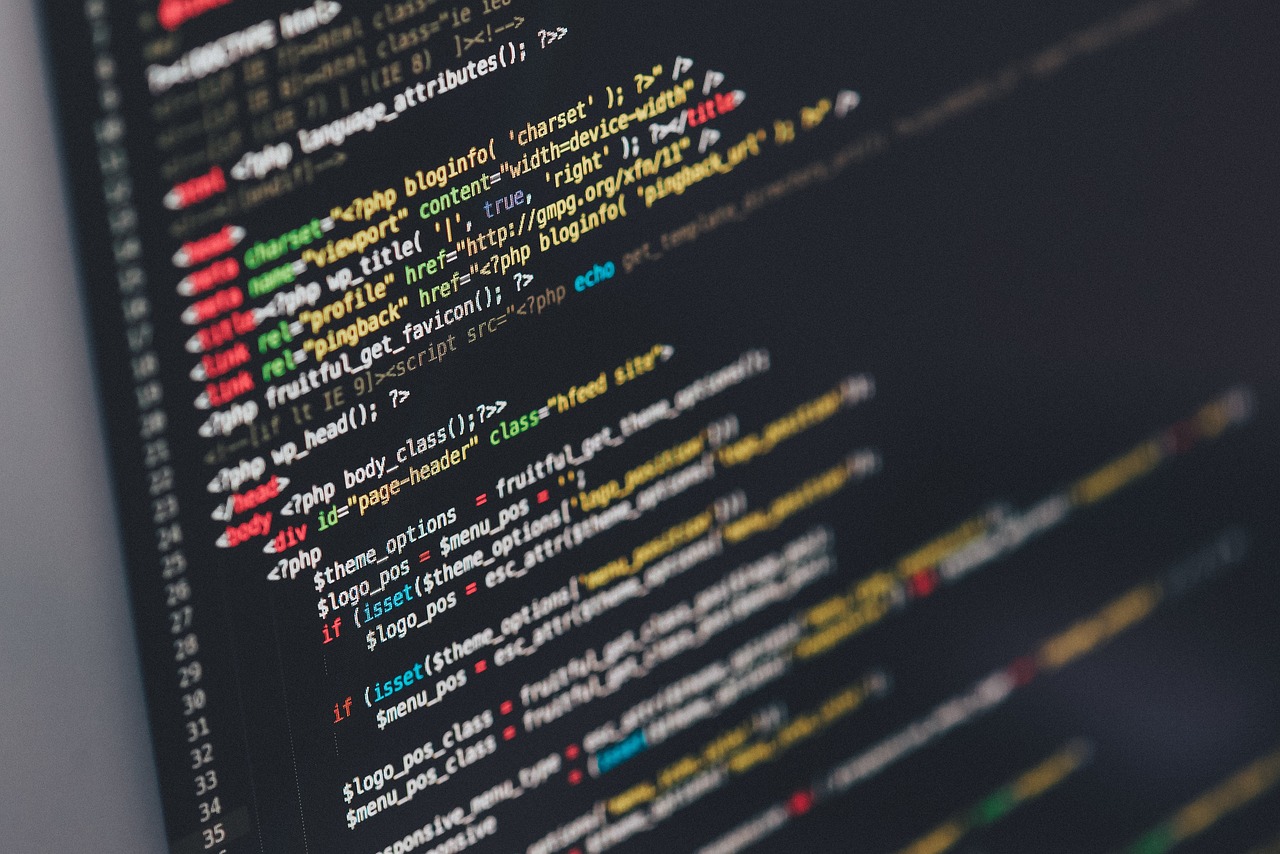
The vast landscape of web development frameworks can be overwhelming, especially when deciding between two popular Python options: Django and Flask. Both frameworks offer distinct strengths and weaknesses, catering to different development needs and preferences. So, how do you choose the right one for your project? Buckle up as we delve into the heart of Django vs Flask.
Batteries Included vs. Minimalist Core:
Django prides itself on being "batteries included," offering a comprehensive set of features out of the box. This includes user authentication, an ORM (Object-Relational Mapper), an admin panel, and more. This "all-in-one" approach makes Django ideal for rapid development of complex web applications with common functionalities.
Flask, on the other hand, embraces a minimalist philosophy. It provides a lightweight core and expects developers to choose and integrate third-party libraries for desired features. This approach offers greater flexibility and control, making Flask suitable for smaller projects, APIs, and prototyping where customization is key.
Structure and Style:
Django enforces a specific project structure, ensuring consistency and organization in larger teams. However, some find this structure opinionated and less adaptable to specific needs.
Flask offers no predefined structure, allowing developers to craft their own architecture. This freedom can be liberating but requires more upfront planning and discipline to maintain clean and maintainable code.
Learning Curve:
Django has a steeper learning curve due to its extensive built-in functionality. However, its comprehensive documentation and large community make it easier to find support and resources.
Flask boasts a gentler learning curve thanks to its minimalistic core. However, integrating additional libraries and managing project structure can require more learning and effort.
Performance and Scalability:
Django excels in building highly scalable web applications due to its optimized architecture and built-in caching mechanisms. However, its larger footprint can lead to slightly slower performance compared to Flask.
Flask, with its smaller core, often delivers faster initial page loads. However, achieving scalability in complex applications might require more manual optimization and custom solutions.
The Verdict:
Ultimately, the choice between Django and Flask depends on your specific project requirements, team preferences, and development philosophy. Here's a quick guide:
Remember, both Django and Flask are powerful tools in the Python web development arsenal. Understanding their strengths and weaknesses will empower you to make an informed decision and embark on your next project with confidence!
Your email address will not be published. Required fields are marked *



















.jpg)


